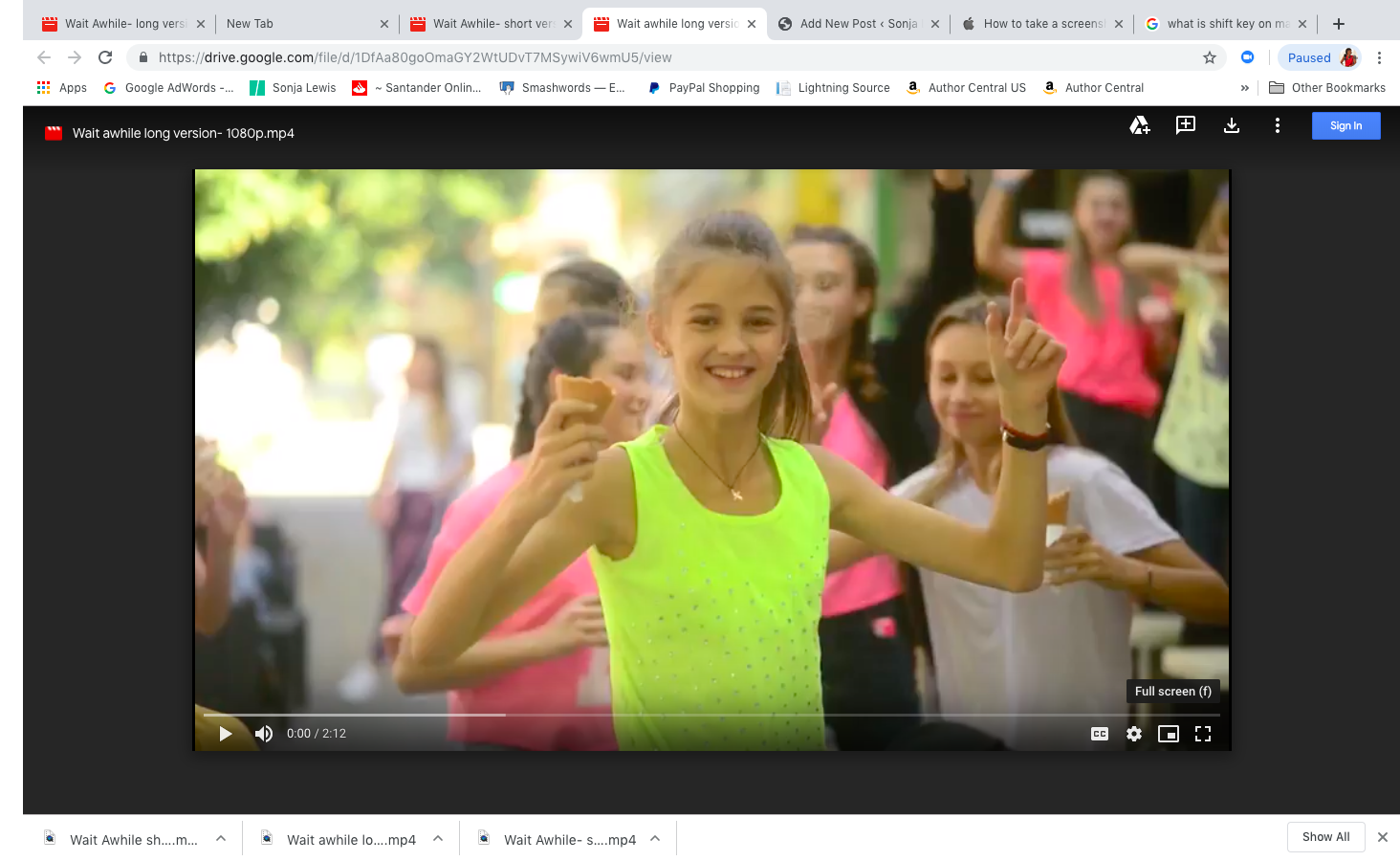Sleep Matters
How exciting it is to be a part of the buzz around the importance of getting enough sleep. Yesterday we released our first ever podcast on the topic of sleep, UIO: On Sleep with Dr Nerina Ramlakhan.
While I am proud of all of our podcasts, I am especially excited about this one as it has the potential to help so many people, teenage girls and the rest of the family, too. It is brimming with hot tips and great advice on how to get good sleep, meaning sleep that refreshes and heals the body.
That’s right, though sleep might not be a cure-all, for all of our troubles, it is an important, natural resource, if you will, for prevention and intervention of physical and emotional health problems.
A few months ago, I tested this view for myself, though unintentionally. The night before I was due to appear as a guest on the Victoria Derbyshire Show, I did not get a wink of sleep. Not a wink. An old pro, if you will, at media relations, I couldn’t understand what was going on and tried everything I knew to get a few winks in. I read relaxing books, moved myself from the bed and then to the guest bed, meditated and prayed and all the rest. Still no sleep.
The next morning, I got out of bed as though I had slept. After happily showering and dressing, I made my way to the BBC’s studios and worked really hard to insert myself into the conversation about the rise in teenage girls and young woman having cosmetic procedures and in some instances surgery.
After all, UIO had just released its Wait Awhile research, which agreed with the findings of so many other surveys. Thus, I wanted to get the word out. Not to mention the pressure I felt from having a publicist just outside of the studio doors. Gulp! I succeeded.
Anyhow, after the show I met Paul for lunch to celebrate my achievements and shortly before lunch ended, I started to fade a bit, but I fobbed it off, thinking I will just get home and get in the bed. This can’t be that much different to jet lag.
Wrong answer. By the time I made it home, I felt like I had been hit by a train, beyond feeling nauseated, and barely made it into the house and into to the toilet. There I found myself in a pool of sweat, feeling deathly ill, though this feeling washed over in about ten minutes.
So glad I was able to get up from the floor and make my way into our bedroom, I thought I would just drop off to sleep. Wrong answer and when I did get up, I had another problem—a bladder infection. As I was in no shape to take myself to the doctor and Paul was not home, I made an appointment for the next day and commenced to hydrate myself, even if it meant pain. Only then dd I realised that I needed to plan to ensure a good night’s sleep, as my body felt wired, like it was never going to sleep again. Foolishly at lunch, I had a glass of wine—just one!
After deep thought, I decided to go for a run and afterwards come back and have a soothing bath and then read a favourite book. I have several stacked by my bed for times such as the one I was experiencing.
Anyhow, it worked. I relaxed and at last fell asleep and slept the night away. When I awoke at 7 am, I felt like a new person. And the bladder infection was history, too. Still I hightailed it to the doctor later that afternoon, just to be sure. Voila! I was well again and all it took was good sleep, having been deprived of a full night of it.
Every situation won’t be as extreme as mine thankfully, but the point is sleeping is integral to well-being. You don’t need to lose a full night’s sleep to feel sleep deprivation.
To this end, Dr Ramlakhan stresses that sleep preparation starts well before bedtime. Surprisingly, what you eat for breakfast could have an impact on whether you get a good night’s sleep or not, as well as what you eat throughout the day. Napping comes into the picture as well and of course, managing use of social devices.
If only I could wind back the hands of time to January to the day before I was due to be a guest on the Victoria Derbyshire Show—I would have been prepared. Never mind, I am now and thanks to UIO: On Sleep, you can be prepared too. Listen on Apple podcasts or where ever you listen to podcasts.








